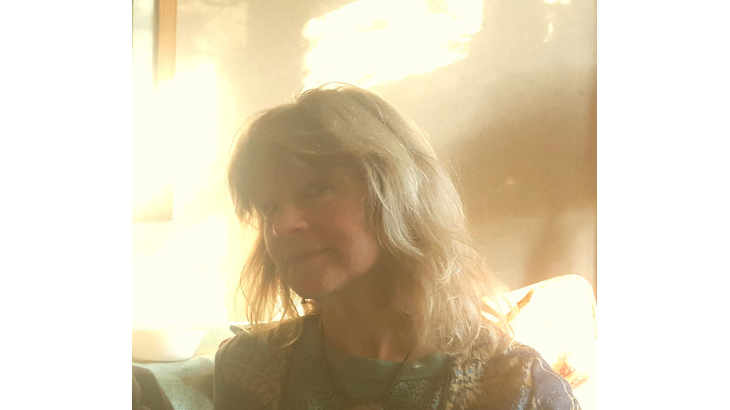Carbon Literacy Training: a personal response

Clare Robertson-Marriott shares her reflections after completing a Carbon Literacy course with CA-WN.
Concern for all nature and the planet brought me to climate and nature action.
Over the last few years, I have organised various public engagement events to introduce the climate and nature crises. Taking part in the training has provided a level of accreditation and therefore further confidence to continue to provide public engagement events. As both a political and climate and nature activist I can bring information gained from the training to underpin policy discussion and campaign action.
On a political note, embarking on the Carbon Literacy Training has served as a reminder of how rigid and slow to change are the systems we live by, whether governmental and institutional or the global economy, while the impacts of those systems arise suddenly as all manner of tipping points to shake up our complacency as modern humans.
‘We’ wander through our lives knowing the impacts of a fossil fuel-based energy system, while the steps that can be taken to change things are denied, ignored or slow to arise.
The course did hit home the dire straits we are in: ‘It’s bad’ states Professor Kimberley Nicholas of Lund University in Sweden1. Her social media pages are worth a look.
Some of the global information cited was shocking, especially the global temperature rises. As individuals or representatives of community groups we should never be complacent about our knowledge. The course continually made reference to current data and on-going research and encouraged participants to do the same: an example being an article published by the Guardian on Wednesday 24 July. It reported that the UK is forecast to hand out a record 72 oil and gas licences this year, which could result in an estimated 101m tonnes of planet-warming pollution, while in the same week Just Stop Oil activists were jailed for a long time for involvement in a plan to obstruct the M25.
As activists we must continue to learn and work out what we can do.
I believe I live my life with a reasonably low impact on the planet but I do go through ‘if I do this.…. I could do that to make up for…..’ justifications in my head. So, the emphasis on the course of becoming Sustainable-ish (Jen Gale2) allows moral flexibility and therefore comfort but also a means of honest examination of what we as individuals consume and do. It provides a gentle questioning framework for the way we live our lives.
The training referred to Mike Berners-Lee’s book ‘How Bad are Bananas?’3, which provides a fascinating and enjoyable read for information on “the carbon footprint of everything”, in order to make changes to mundane habits with a carbon footprint to be reduced. It is worth acquiring a copy of the book.
More technical references included the Impact Score mobile app4 which monitors the impact of products we buy and encourages contributions to continuing its development.
The 5-tonne lifestyle provides a blueprint for families to reduce their carbon footprint5.
The course covered an array of actions and organisations committed to making necessary individual or community-based changes. One that really resonated came from a Tunisian student climate activist at a recent Climate Café; the concept ‘Hope is a Muscle’. On further investigation of this concept, I came across the following quote from a paper written about physical rehab after Covid as one of its many applications:
“Hope is a muscle, a practice, a choice that actually propels new realities into being. And it’s a muscle we can strengthen.” —Krista Tippett6
Muscle strength and endurance are improved by repetitive actions. Repeating messages and actions, being strong and determined individually and collectively allows the Hope Muscle to grow and endure. It is so applicable to climate action.
In summary then:
The course consolidated but also greatly enhanced knowledge and understanding of the climate crisis, impacts and what action needs to be taken at all levels.
It was constructed safely with some simple but meaningful exercises to encourage and not to criticise. It is inclusive. It offered the means and references to continue individual study.
I must also acknowledge the breadth and depth of detail throughout all four sessions and the combined dedication of Clare Slater and Alexina Cassidy in putting together this training.
It has been an extremely valuable experience.
Thank you to Clare and Alexina
1. https://www.kimnicholas.com/
2. https://www.asustainablelife.co.uk/
3. https://exchange.ca-wn.org/how-bad-are-bananas/
4. https://www.impactscore.app/
6. https://www.jhrehab.org/wp-content/uploads/2021/11/Blanton_Hope_is_a_Muscle_Fall_2021_PDF.pdf
